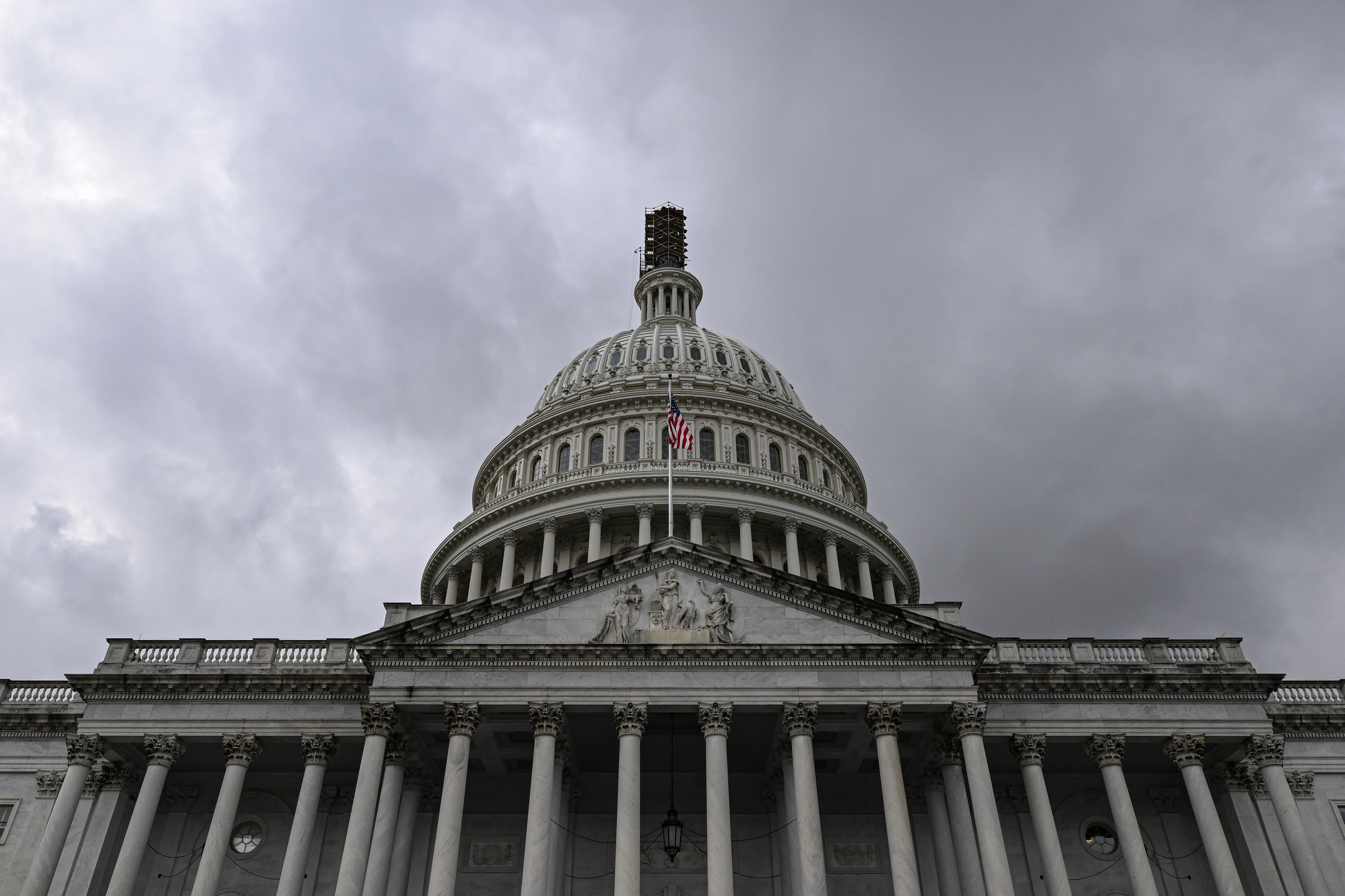The US could be set to ban TP-Link routers
US authorities could be lining up the largest equipment proscription since the 2019 ban on Huawei networking infrastructure


The US government is reportedly considering a ban on TP-Link routers after continued breaches and security flaws associated with the devices.
A report from the Wall Street Journal has revealed the US authorities including the Commerce, Defense, and Justice departments are independently investigating whether the firm poses a national security risk.
The sale of TP-Link routers in the US could be prohibited within the next year, sources familiar with the matter told the WSJ, adding that the Commerce Department had already subpoenaed the firm.
The firm, founded in China, controls approximately 65% of the US market for routers used in households and small businesses, according to the report, with many TP-Link devices also used in federal agencies including the Department of Defense.
The action comes after compromised TP-Link devices were found to have been involved in a series of password spray attacks targeting think tanks, government organizations, NGOs, law firms,and the defense sector’s industrial base.
US agencies have raised their frustration over the company’s purportedly lax attitude towards the security of their devices, telling the WSJ that “TP-Link routers are routinely shipped to customers with security flaws, which the company often fails to address”.
The sources added that although routers are often found with bugs, and this extends beyond solely TP-Link devices, the company has routinely failed to cooperate with security researchers who flag issues linked to their products.
Sign up today and you will receive a free copy of our Future Focus 2025 report - the leading guidance on AI, cybersecurity and other IT challenges as per 700+ senior executives
A spokesperson for the TP-Link told the WSJ the firm would continue to engage with the US authorities to show it is committed to the integrity of its devices.
“We welcome any opportunities to engage with the U.S. government to demonstrate that our security practices are fully in line with industry security standards, and to demonstrate our ongoing commitment to the U.S. market, U.S. consumers, and addressing U.S. national security risks,” the spokesperson said.
TP-Link devices linked to password spraying campaign
In October, Microsoft published a report on a Chinese threat actor, tracked as Storm-0940, using a covert network of compromised TP-Link routers to eventually launch password spray attacks.
The network, dubbed CovertNetwork-1658, was used to conduct brute-force attacks on Microsoft 365 accounts, VPNs, and SSH accounts in a bid to steal credentials.
The network was then used to launch widescale password spraying attacks using the stolen credentials. Microsoft said it had observed an average of 8,000 compromised devices “actively engaged in the CovertNetwork-1658 network at any given time”.
Microsoft added that the network was mostly made up of cracked TP-Linke devices, noting about 20% of the huge network could be used to perform password spraying at any moment.
RELATED WHITEPAPER

“Any threat actor using the CovertNetwork-1658 infrastructure could conduct password spraying campaigns at a larger scale and greatly increase the likelihood of successful credential compromise and initial access to multiple organizations in a short amount of time.”
The incoming Trump administration will likely be faced with the option to pursue action against the company. If banned, it would constitute the most significant action against a Chinese telecom equipment manufacturer since the Trump administration banned the use of Huawei hardware in US infrastructure.

Solomon Klappholz is a former staff writer for ITPro and ChannelPro. He has experience writing about the technologies that facilitate industrial manufacturing, which led to him developing a particular interest in cybersecurity, IT regulation, industrial infrastructure applications, and machine learning.
-
 I couldn’t escape the iPhone 17 Pro this year – and it’s about time we redefined business phones
I couldn’t escape the iPhone 17 Pro this year – and it’s about time we redefined business phonesOpinion ITPro is back on smartphone reviews, as they grow more and more intertwined with our work-life balance
-
 When everything connects, everything’s at risk
When everything connects, everything’s at riskIndustry Insights Growing IoT complexity demands dynamic, automated security for visibility, compliance, and resilience
-
 ‘All US forces must now assume their networks are compromised’ after Salt Typhoon breach
‘All US forces must now assume their networks are compromised’ after Salt Typhoon breachNews The announcement marks the second major Salt Typhoon incident in the space of two years
-
 UK cyber experts on red alert after Salt Typhoon attacks on US telcos
UK cyber experts on red alert after Salt Typhoon attacks on US telcosAnalysis The UK could be next in a spate of state-sponsored attacks on telecoms infrastructure
-
 Healthcare data breaches are out of control – here's how the US plans to beef up security standards
Healthcare data breaches are out of control – here's how the US plans to beef up security standardsNews Changes to HIPAA security rules will require organizations to implement MFA, network segmentation, and more
-
 US government IT contractor could face death penalty over espionage charges
US government IT contractor could face death penalty over espionage chargesNews The IT pro faces two espionage charges, each of which could lead to a death sentence or life imprisonment, prosecutors said
-
 US identifies and places $10 million bounty on LockBit, Hive ransomware kingpin
US identifies and places $10 million bounty on LockBit, Hive ransomware kingpinNews Mikhail Pavlovich Matveev was linked to specific ransomware attacks, including a 2021 raid on the DC police department
-
 Breach at US Transportation Department exposes 240,000 employee records
Breach at US Transportation Department exposes 240,000 employee recordsNews An investigation is underway into the breach, which affected former and current employee data
-
 IRS mistakenly publishes 112,000 taxpayer records for the second time
IRS mistakenly publishes 112,000 taxpayer records for the second timeNews A contractor is thought to be responsible for the error, with the agency reportedly reviewing its relationship with Accenture
-
 US begins seizure of 48 DDoS-for-hire services following global investigation
US begins seizure of 48 DDoS-for-hire services following global investigationNews Six people have been arrested who allegedly oversaw computer attacks launched using booters